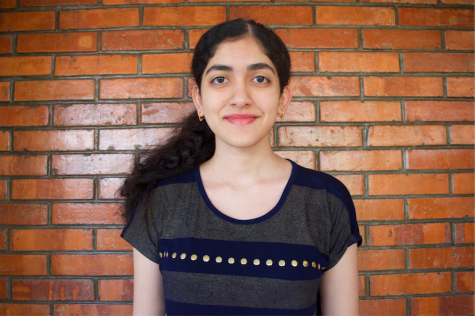Expanding From Facebook to Philanthropy
On the 21st of September, 2016, Mark Zuckerberg and Priscilla Chan announced that they will be donating $3bn to fund medical research through their Chan Zuckerberg Initiative, which they founded in 2015.
Zuckerberg clarifies that this does not “mean [that] no one will ever get sick, but it does mean that we’ll get sick a lot less, and that when we do, we’ll always be able to identify and treat the problem, or at least manage it as a non-harmful condition.”
Chan and Zuckerberg aim to be able to provide researchers with sufficient resources to device cures for four of the most prevalent diseases in the world today: heart disease, cancer, infectious disease, and neurological disease like stroke. In 2012, an estimated 17.5 million people died from cardiovascular diseases in the world. This number represents approximately 31% of all global deaths. Some of these were due to coronary heart disease and others were due to stroke.
But is donating money to science enough? It is if it can spark invention. Zuckerberg specifies that this investment will work by “bringing scientists and engineers together to build new tools that can empower the whole scientific community to make breakthroughs on the four major disease categories.” Currently, most funds are directed towards independently researching scientists working on their own projects. If these funds are amplified and aimed at bringing groups of scientists together, the outcome will be increased collaboration leading to greater competence and efficient development.
While some may consider his ambitious rhetoric to be an oversimplification the problem, in a Facebook note, Zuckerberg claims that this is a collaborative, long term effort, and that actual change and progress will take decades of work. Engineering and medicine are conventionally seen as two separate fields, but what Zuckerberg highlights is that “Throughout the history of science, most scientific breakthroughs have been preceded by the invention of new tools that help us see and experiment in new ways.” The vaccine, for instance, is the epitome of a successful invention of a medicinal tool. Countries have made extraordinary progress by using vaccinations to minimize the risks of getting diseases such as polio.
What is most remarkable about the invention of tools is that they lead to breakthroughs in many other areas. Zuckerberg specifically mentions the example of the invention of the internal combustion engine, which led to inventions of other automobiles and aircrafts. According this school of thought, what Chan and Zuckerberg want to focus on is urging innovation of new and more effective medicinal tools. Of course, every disease is treated differently and affects very different bodily functions, but if we have the necessary tools to examine these diseases, we will be able to formulate their necessary cures.
The essential quality needed for successful philanthropy is a strong vision. Without an ambitious and optimistic mindset, there would not be initiatives taken towards solving problems that are often disregarded because they seem too big or complicated to solve. The vision that drives the juggernauts of Zuckerberg and Chan toward such audacious efforts is that of the future they want for the next generation, the one that the past could not have.
Sources: BBC, Facebook, World Health Organization

In her second year of The Talon, Saniya, a senior, is thrilled to serve as the News Editor. Having been a Features writer previously, she is accustomed...










